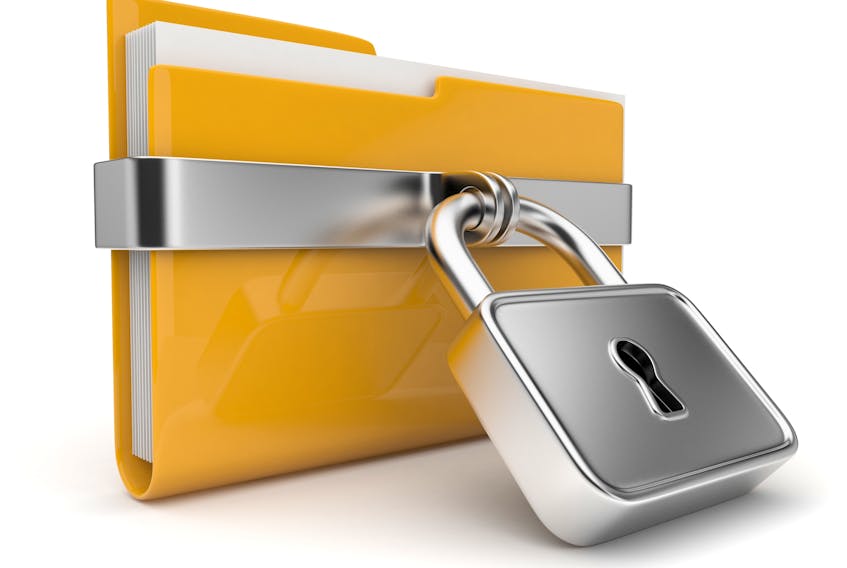COVID-19 pandemic turned to be a “black swan” catching the governments and citizens alike unprepared. Everyone is learning to live in a new reality — working remotely, distancing socially, etc. The retail trade adjusts to the situation better than many other industries. Providers of online entertainment also do fairly well.
Can we afford to be satisfied as long as the standard set in the Roman Empire — bread and circuses — is met?
COVID-19 calls for a large-scale government intervention. The sources of worry are twofold. On the one hand, the governments can go too far in their interventionism under the guise of exceptional circumstances.
In Russia, the municipal authorities proudly reported that they identified a few individuals, who were supposed to stay home, walking down the streets with the help of CCTV cameras. On the other hand, the “extraordinary” measures have tendency to last even after the state of emergency is over. Russian language has a pejorative term for the state of emergency becoming a new norm – chrezvychaishchina.
Checks and balances are needed.
One of them refers to the transparency in the operation of the government.
Transparency means access to information. The larger the scope of the government’s intervention, the greater the volume of information required to assess its reasonableness. In the extraordinary times, access to information and privacy protection become even more important than ever. The response of the city of St. John’s to a recent access request suggests that a managerial failure contributed to the snow-clearing collapse in January.
The access to information and privacy protection (ATIPP) watchdogs’ reaction to COVID-19 varies to a significant extent. The bodies in charge of protecting the right of access to information and the right to privacy operate both at the federal and provincial levels. All of them started working remotely closing their physical offices. The public can reach those bodies by phone and/or email. Since working remotely emerged as a new standard in the other industries as well (for example, Memorial now offers all courses online), there is no doubt about the reasonableness of this measure.
Some information and privacy watchdogs went further relaxing timelines for responding to ATIPP requests or suspending the ongoing investigations of the public bodies’ responses to the previously made requests.
The Office of Information and Privacy Commissioner of Newfoundland and Labrador went even further allowing all public bodies to put responses to ATIPP requests in abeyance. Neither the public bodies are required to apply for extension at this time (a universal approval was given) nor have any specific timelines for revising the decisions to put requests in abeyance been set. The commissioner also placed all on-going investigations on hold. The court’s approval of this decision was secured without the affected parties being given a chance to contest it. The application did not mention the option of working remotely. It looks like everyone responsible for protecting information and privacy rights here went on ‘vacations’.

The variation in the watchdogs’ responses COVID-19 cannot be explained in terms of how severely a particular jurisdiction is affected so far by the pandemic (see the graph). The Commission d’access à l’infoirmation in Quebec, the most affected province, closed its physical office and suspended regular hearings when the parties involved need to be physically present. Yet the public bodies still have to respond to access requests within the statutory time limits.
The correlation between the ratio of people, who are diagnosed with COVID-19 in a jurisdiction, and an ATIPP leniency index is not very strong indeed (r=0.5, N=14). The index reflects the number of exceptions to the ATIPP legislation allowed by the watchdog in a particular jurisdiction.
The more exceptions, the higher the index and, hence, the more lenient is the watchdog’s response to the crisis. It follows that not every response of the information and privacy watchdogs to the crisis is ‘reasonable’. Not every measure restricting access to information and/or removing privacy safeguards is acceptable.
At least for those members of the public who want more than just bread and circuses.
Prof. Anton Oleinik
St. John’s









